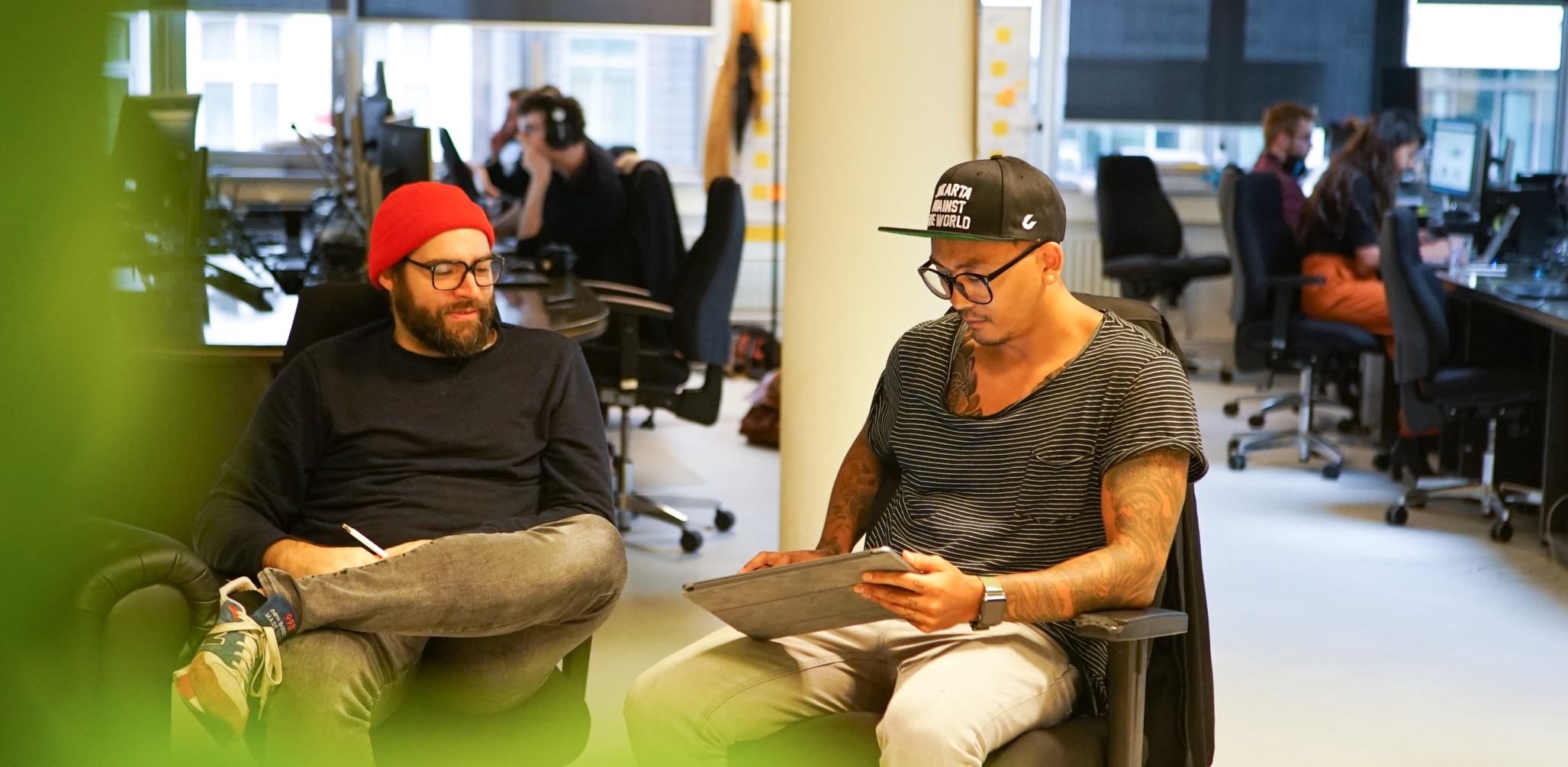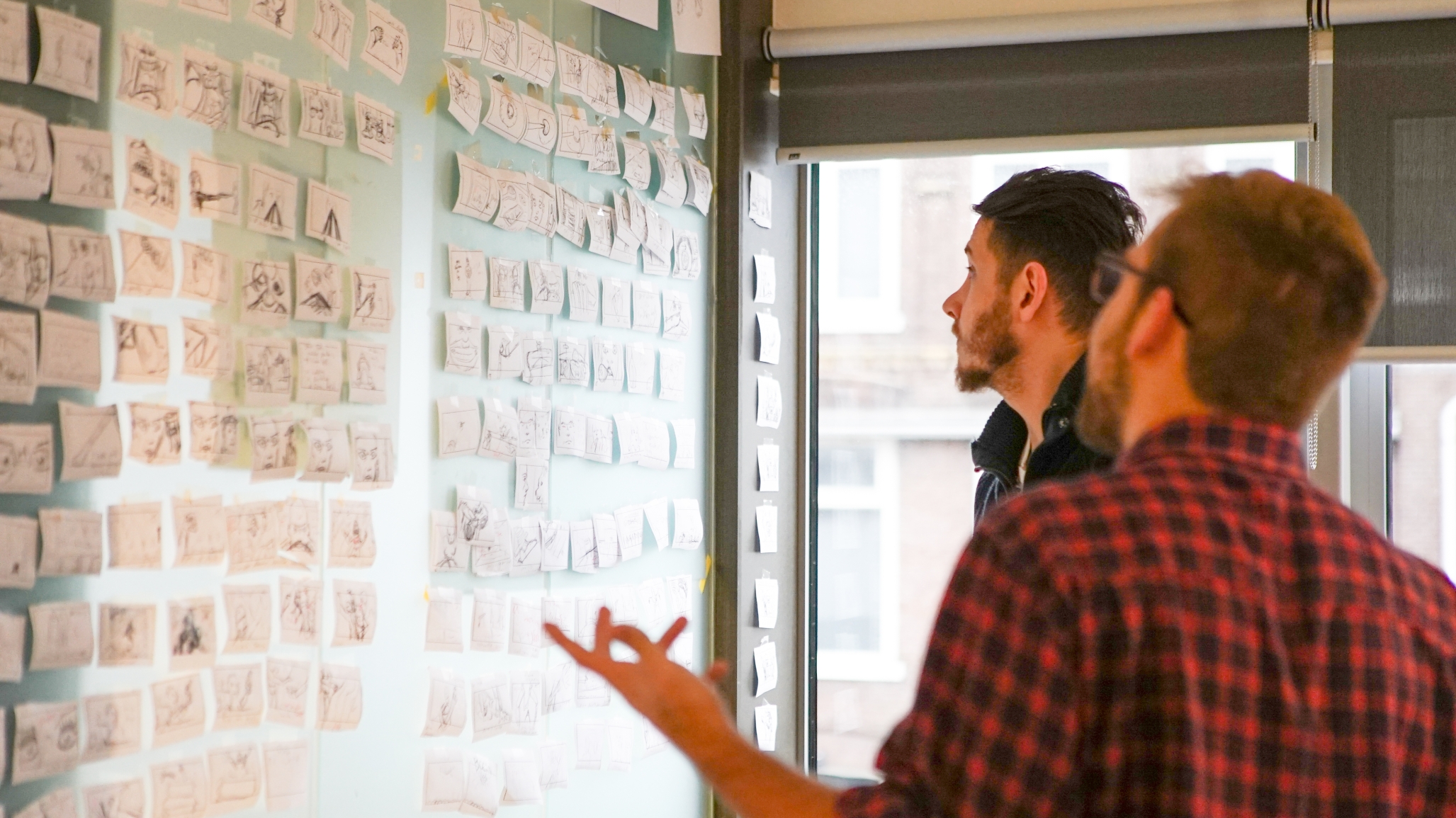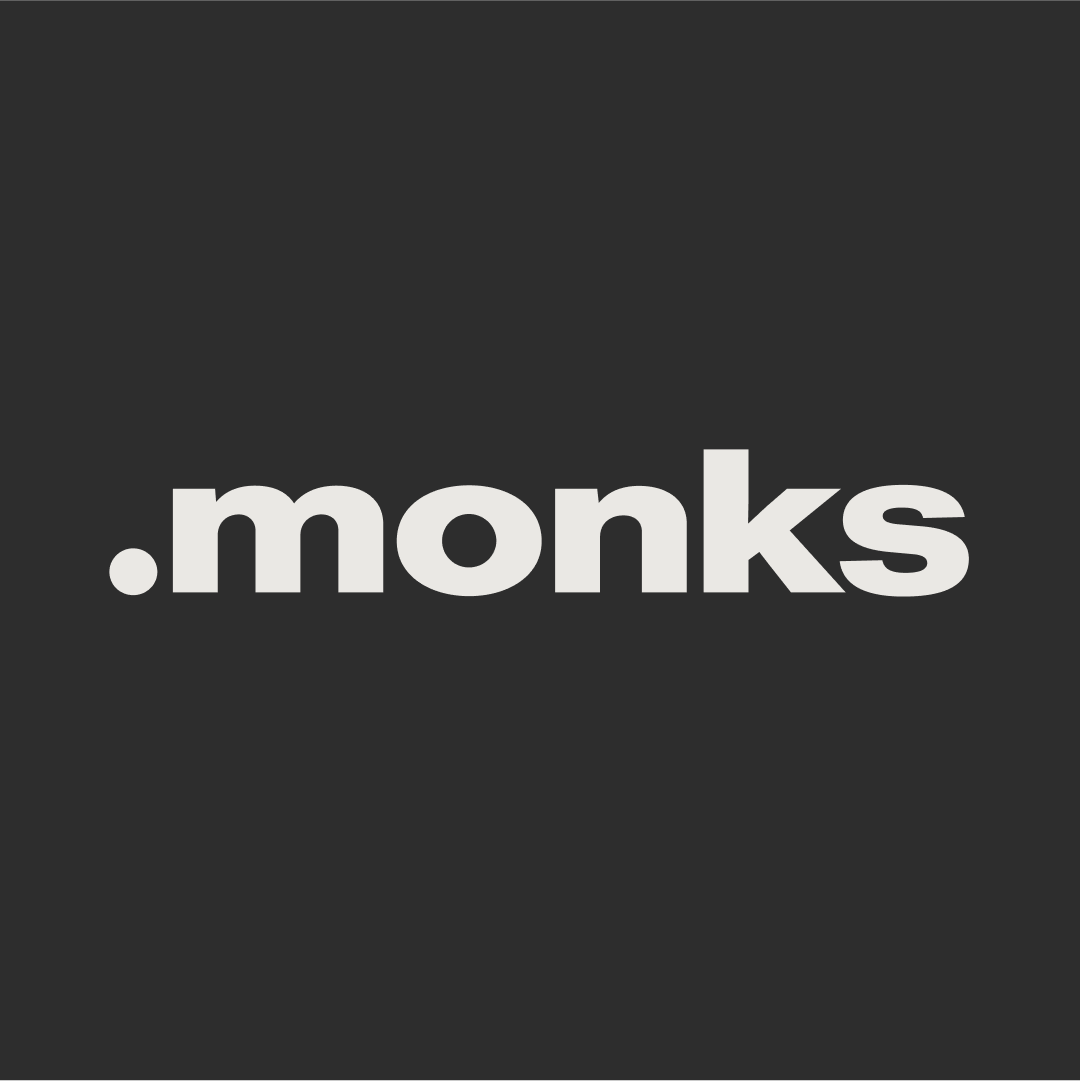Attracting the Right Talent to Future-Proof Your Organization

The three ingredients to a future-focused workforce are fostering new skills, finding passionate talent and empowering them with internal mobility.
Future-proofing your team isn’t just about investing in the hottest technology or pivoting to the next big media trend. While keeping up with the rate of change in the market gets tougher each day, revising your hiring process and management style are two great ways to ensure your organization is prepared to weather any surprise the future might have in store.
Seek Out Multi-skilled Talent
Don’t shy away from the millennial or gen-z workforce; learn to work with them. Today’s new breed of workers is multi-talented and adept at navigating today’s tech and media space, making them highly adaptive to sudden shifts in tech and media. A young writer who is also experienced in video editing social content won’t have much grief in a pivot to video, for example. And a graphic designer with back-end experience can prove essential to new platforms you might want to work with in the future. A team with variable skillsets is not only prepared for unforeseen requirements—they’ll also communicate with one another better thanks to a more thorough understanding of the various stages in a project cycle.
Strike a Connection with Brand Personality
Unfortunately when it comes to in-house agencies, marketing and advertising teams, there’s a sense that the work offers less variation and flexibility than with bigger outside agencies, which makes them less attractive to jack-of-all-trade creatives. But Warren Chase, COO of Verizon’s own internal agency 140, calls this a myth: “We see more and more rising stars coming out of school or leaving agencies,” he said at the ANA Masters of Marketing Conference. “They’re saying ‘I’m done with this pitching all the time, working all weekend—I want to build a career in a place that supports my ideas [where] I can actually have a life.'”

With a dwindling distinction between work and personal life, today’s workforce primarily seeks rewarding work that supports their passions. Carefully considering how your brand vision aligns with potential candidates’ values is a great way to attract talent that will help you translate that passion to customers. Shiny, flashy awards can go a long way to capture creatives’ attention as well. Creative prospects eye opportunities that can enhance their portfolios and resumes, including awards that lend their work a little cachet. If awards feel out of reach for where your brand stands now, consider forming partnerships with award-winning companies—begin by seeking out awards that fit your industry or model (for example, the In-House Agency Forum Awards).
Target Specific Skills with a Nurture Campaign
One way to discover and nurture talent that will help you achieve long- and short-term goals is to have a hand in their training. Participate in internship programs or host competitions with magnet schools and universities to help talent get their foot in the door (and to give them a taste of the projects you’d throw at them). This is a great way to hunt for specific skillsets that might currently be lacking in your organization.

Empower Your Team with Talent Mobility
When it comes to future-proofing your organization through finding the right talent, hiring is only half the battle. Once your team is in place, you’ll need to revise your management style to encourage talent visibility and mobility. This means having a pipeline in place to tap into any relevant skills at a moment’s notice when strategies shift and requirements change.
One clever way to enhance skill visibility is to take a cue from the gig economy and offer quick, short-term opportunities for those within your organization to experiment with roles unrelated to their typical everyday responsibilities. This not only lets your team gain new skills, but also helps them meet and work with others in the organization to foster collaboration and skill sharing. Adopting a horizontal, startup-like structure is another way to achieve this open environment of collaboration that fosters creativity. “I think there is an excitement to working in a slightly less formatted and structured way,” MediaMonks founder told the Looking Glass earlier this year.
We're trying to get people to have that slight amount of chaotic friction that I think you need in a creative business.

Other ways to keep abreast of employee skills include devoting some time to employees’ personal projects, providing accelerator programs or hosting internal creative challenges. The key is to encourage employee’s ambitions to see where their capabilities lie—and to understand how changes in technology might affect them. With a culture in place for continual learning and celebrating employee’s passions and skills, your organization should be equipped to anticipate the unexpected.
Related
Thinking
-
![A person on a couch holds a smartphone displaying a football game, reaching into a chip bag, with another football game on a TV and snacks in the background.]()
Blog post
The New Playbook to Extend a Sports Spot into a Brand World By Tim Gunter 4 min read -
![A portrait of a woman in profile, facing right, with her blonde hair blurred as if in motion. She wears a black turtleneck against a dark, moody background featuring abstract magenta and purple rectangles and vertical lines. Her face is illuminated, while the rest of the image has a blurred, dreamlike quality.]()
Blog post
What 2025 Revealed About AI, and What It Unlocks in 2026 By Monks 5 min read -
![A pale pink "New message" window with thin black outlines floats against a pastel gradient background of lavender, pink, and peach. Inside the window are "To" and "Subject" fields, and a rounded rectangular "Send" button in the bottom right corner. The window has a simple close "X" icon in the top right.]()
Blog post
Building Email Inbox Trust and Strong Sender Reputation through Disciplined Warming Strategies By Bridget Creach 8 min read
Sharpen your edge in a world that won't wait
Sign up to get email updates with actionable insights, cutting-edge research and proven strategies.
Monks needs the contact information you provide to us to contact you about our products and services. You may unsubscribe from these communications at any time. For information on how to unsubscribe, as well as our privacy practices and commitment to protecting your privacy, please review our Privacy Policy.



